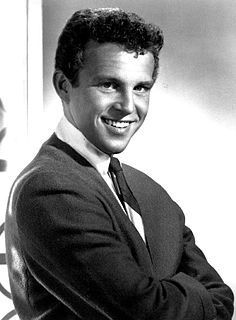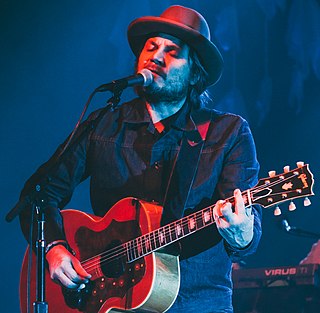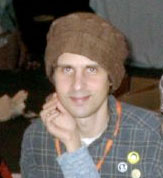A Quote by Ryan Adams
Rock records. It's the main source of inspiration for people - fans, or musicians, or both - to act out in ways that they wouldn't normally act out. Especially rock critics. Ultimately, records don't really hurt anybody, and neither do reviews.
Related Quotes
People will always have the desire to make rock and roll records, and they'll always have the desire to sell rock and roll records. Most of the people making these records do it because it is a business, and if someone says, "You can't do this", they won't complain. They'll just keep making records, but they'll get blander and blander. There'll still be rock and roll, but compared to what it really could be or ought to be, I don't think it'll be all that terrific.
Reviews are all bullshit, because they always change. When House of 1000 Corpses came out, all the reviews were awful. It was impossible to find a review better than "The worst movie ever made." And now I'll see more-modern magazines, and sometimes they'll re-review things, and I'll read this great review for it. It's the same thing with White Zombie! People talk about "Oh, White Zombie, these classic records. Why don't you do them now?" Everyone hated those records when they came out! The reviews were terrible.
We love all kinds of music: We love pop music, we love rock music, we love R & B and country, and we just pull from all our influences. So I don't really take offense as long as people are coming out to the shows and buying the records and becoming fans of the music. At the end of the day, the music is what's gonna speak to you.
The whole point was just to be yourself, no matter what that was. You didn't have to fit into a certain punk-rock cliché. Create whatever your compelled to create. People were putting out their own records, and it just seemed natural to put out my own magazine. When I was really young, I started making magazines and little books, just folded-over pieces of typing paper, so when I discovered punk rock, it really blew my mind. I played in bands and stuff, but making my own zines seemed like an inherent part of that scene.


































